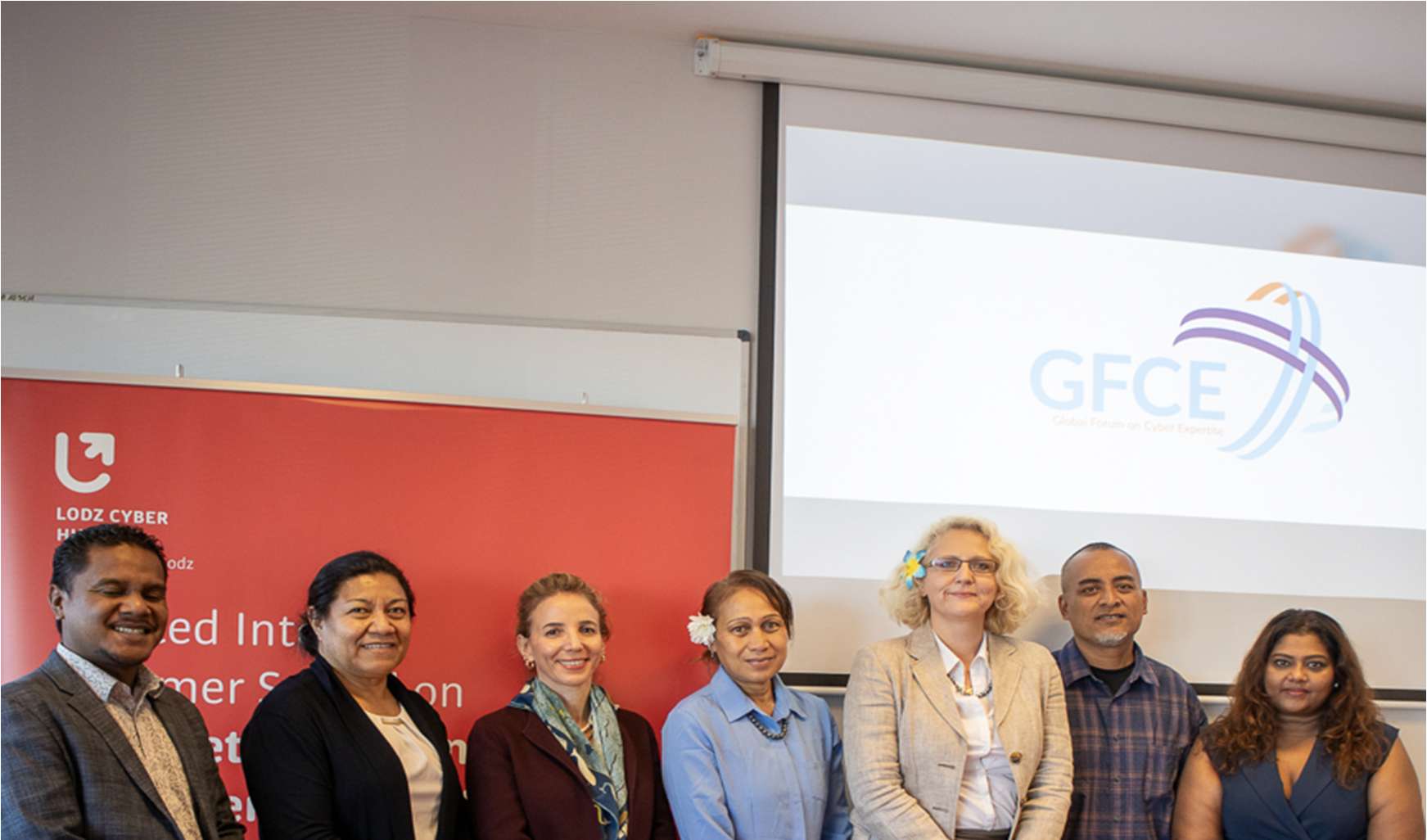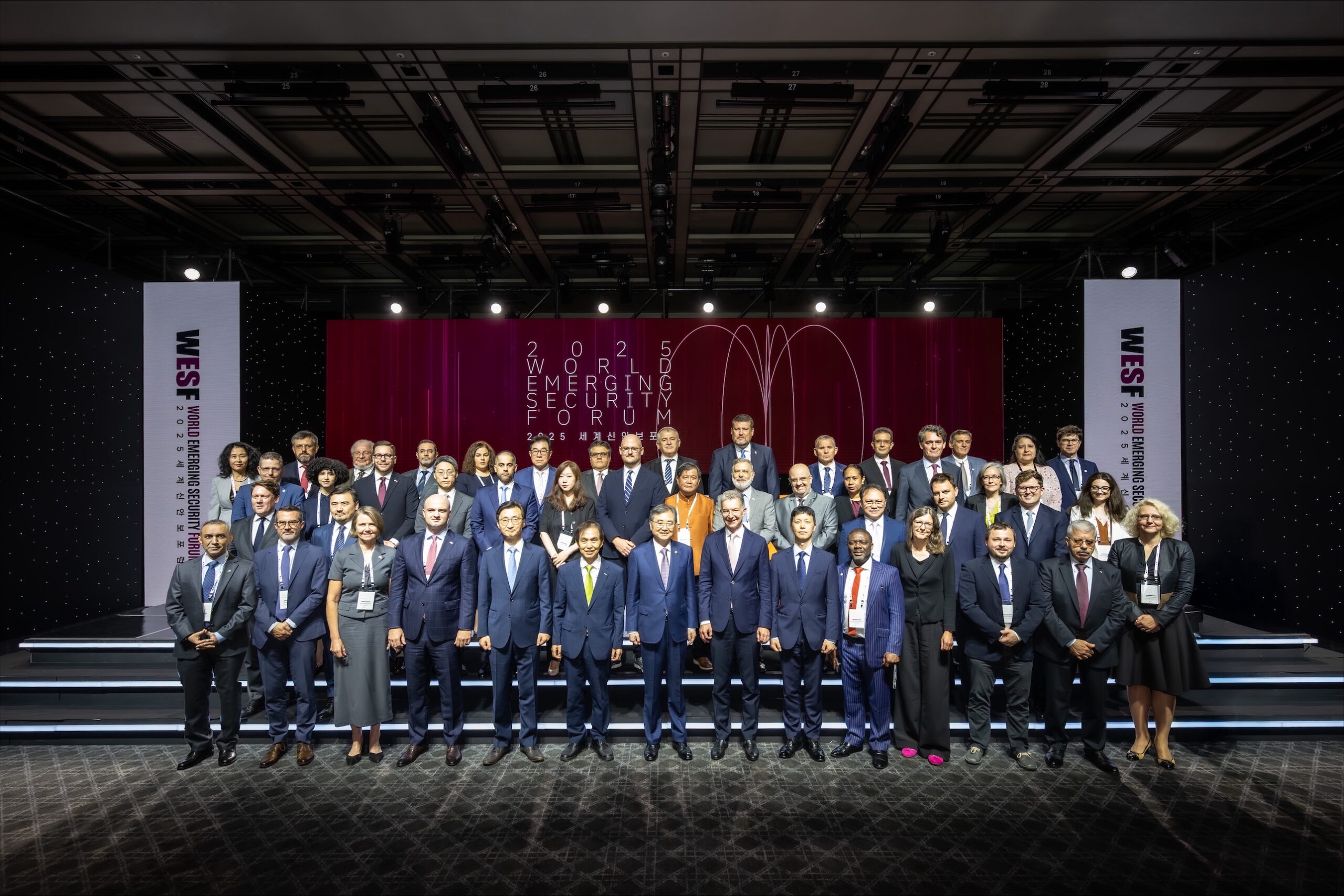Over the past two years, the Women in International Security and Cyberspace (WiC) Fellowship Program has been instrumental in supporting and empowering mid-career women diplomats and government officials working on security or cyber-related issues to actively and meaningfully participate in the UN Ad Hoc Committee to Elaborate a Comprehensive International Convention on the Misuse of ICTs for Criminal Purposes (AHC). The GFCE facilitates the WiC Fellowship and assists women from developing nations, particularly from the African region, with their participation during the AHC process and recently, during the reconvened concluding session of the UN AHC, which took place from 29 July to 9 August 2024 at the United Nations Headquarters in New York.
With support from the Foreign, Commonwealth, and Development Office (FCDO) of the United Kingdom, experts such as Ms. Donna Owiti from Kenya could actively participate in the AHC sessions and significantly influence the negotiations related to cybercrime.
“The AHC process has broadened my perspective, highlighting the critical role of international cooperation in combating cybercrime. Given its global nature, I’ve always understood that cybercrime cannot be addressed by one nation alone. However, I’ve now come to fully appreciate the importance of a legally binding instrument like the Cybercrime Convention and the significance of Kenya’s participation, including my own involvement as a woman”.

During the AHC sessions, WiC Fellows worked tirelessly to produce a united outcome with a diverse set of opinions, leading to the conclusion of this convention. The process has emphasized the crucial role of international cooperation in combating cybercrime and highlighted the necessity of a legally binding framework. This framework helped guide nations in safeguarding the digital cyber environment when dealing with infringements of copyright, computer-related fraud, child online safety, and violations of network security. The main objective of such a treaty is to allow the UN member states and WiC Fellows to pursue a common criminal policy aimed at the protection of our society against cybercrime by fostering international cooperation.
This WiC Fellowship journey demonstrated the importance of capacity-building mechanisms as well as empowering underrepresented groups in achieving such global security goals. The successful conclusion of the AHC process and the adoption of the ‘Draft UN Cybercrime Convention’ marks a significant milestone in combating digital threats. It also underscores the ongoing need for international cooperation, strong legal frameworks, and the inclusion of diverse perspectives in shaping the future of global cybersecurity.
The Global Forum on Cyber Expertise (GFCE) has been proud to support the WiC Fellows throughout this journey. We congratulate them on reaching this significant milestone and contributing to such a crucial global achievement. The GFCE remains committed to continuing its support for the WiC Fellowship and its objectives as we move forward into the upcoming 9th Open-Ended Working Group (OEWG) session, fostering collaboration and capacity-building for responsible state behavior in cyberspace.



